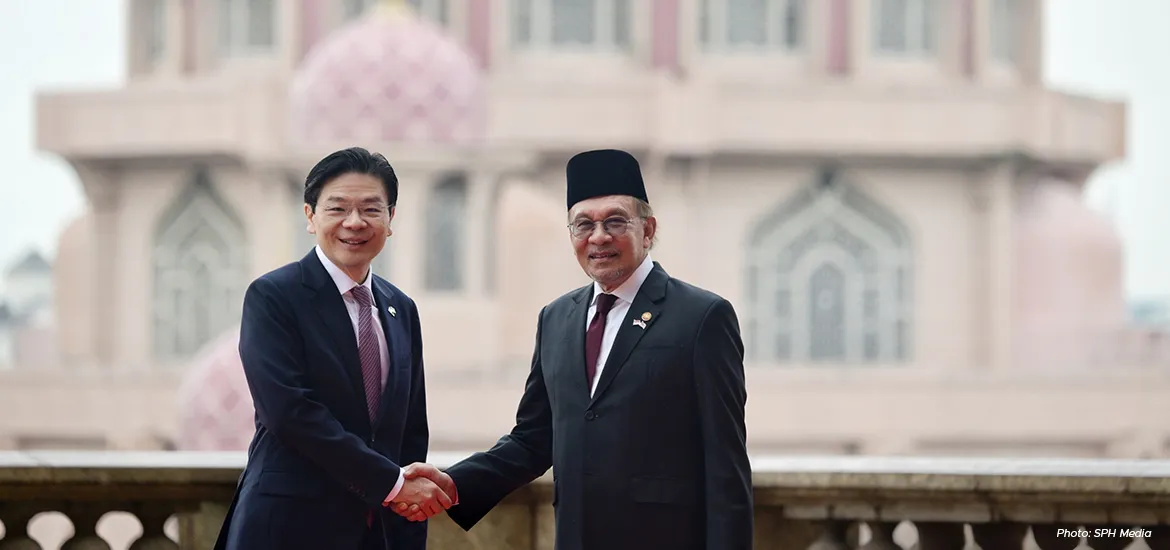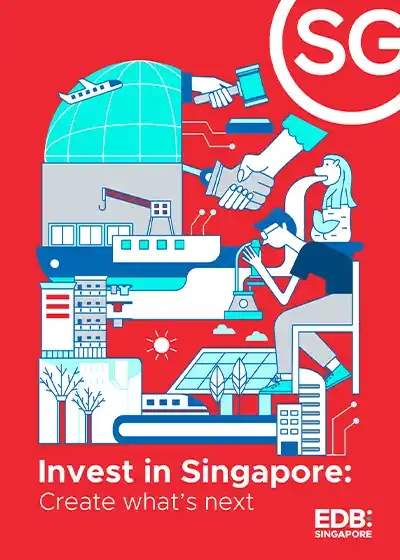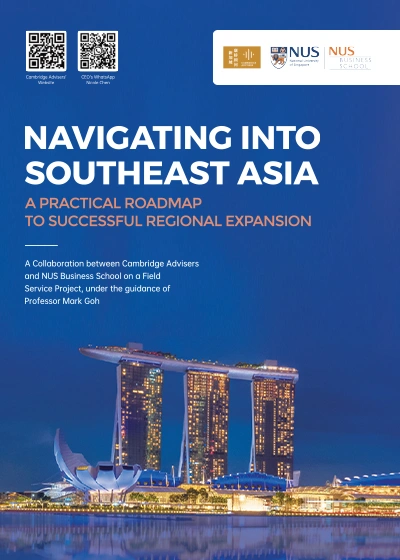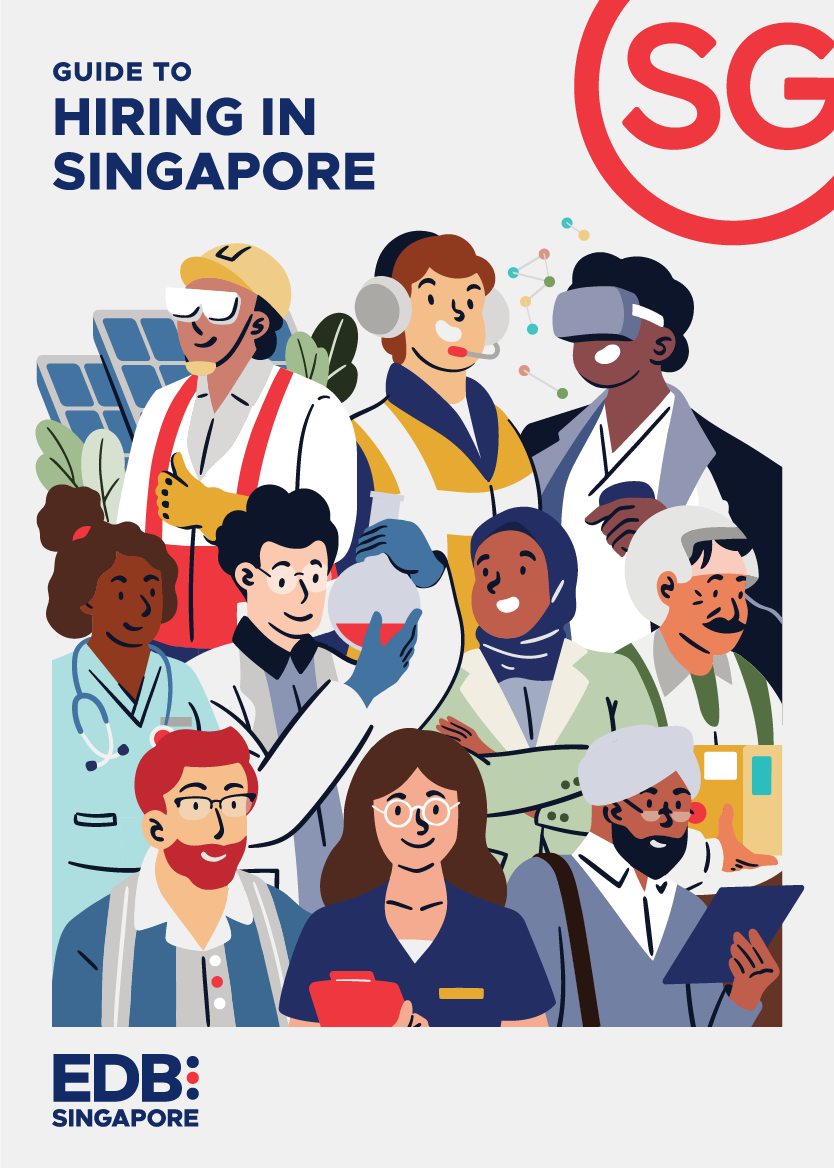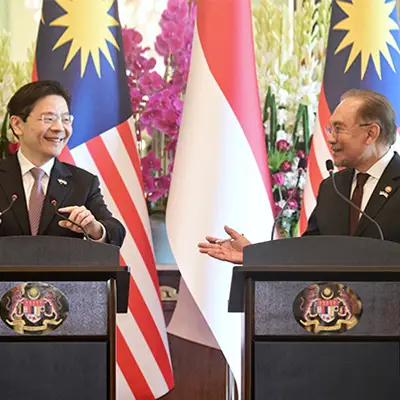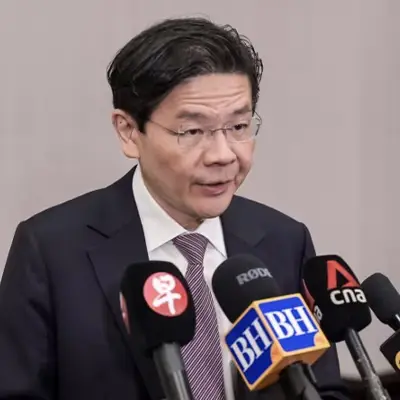In a landmark move to strengthen economic ties, Singapore and Malaysia have agreed to drive investments in 11 key sectors such as manufacturing, logistics, and energy, and made plans to expand 50 projects in five years, and 100 projects within 10 years.
The establishment of the new Johor-Singapore Special Economic Zone (JS-SEZ) will also, among other things, create 20,000 skilled jobs, and strengthen cross-border cooperation with the establishment of a one-stop centre to facilitate investments and businesses in the zone.
To streamline the movement of people and goods, Singapore and Malaysia will increase clearance capacity, introduce automated immigration lanes, and implement paperless goods clearance in phases.
The agreement for the JS-SEZ was inked on Monday (6 Jan) by Singapore’s Trade and Industry Minister Gan Kim Yong and Malaysia’s Economy Minister Rafizi Ramli.
The exchange of the SEZ document took place during the 11th Malaysia-Singapore Leaders’ Retreat on Tuesday (7 Jan) in Putrajaya, and was witnessed by Singapore’s Prime Minister Lawrence Wong and Malaysian Prime Minister Anwar Ibrahim.
PM Wong said at a press conference: “We both agree that bilateral cooperation must continue to deliver concrete benefits to both our peoples, and that is the basis on which we worked on the Johor-Singapore SEZ.”
He added: “It is an important project which will build on the complementary strengths of Singapore and Johor, so that we can both be more competitive, enhance our value proposition, and jointly attract more investments to our shores. And by doing so, it will create good jobs and more opportunities for our peoples.”
